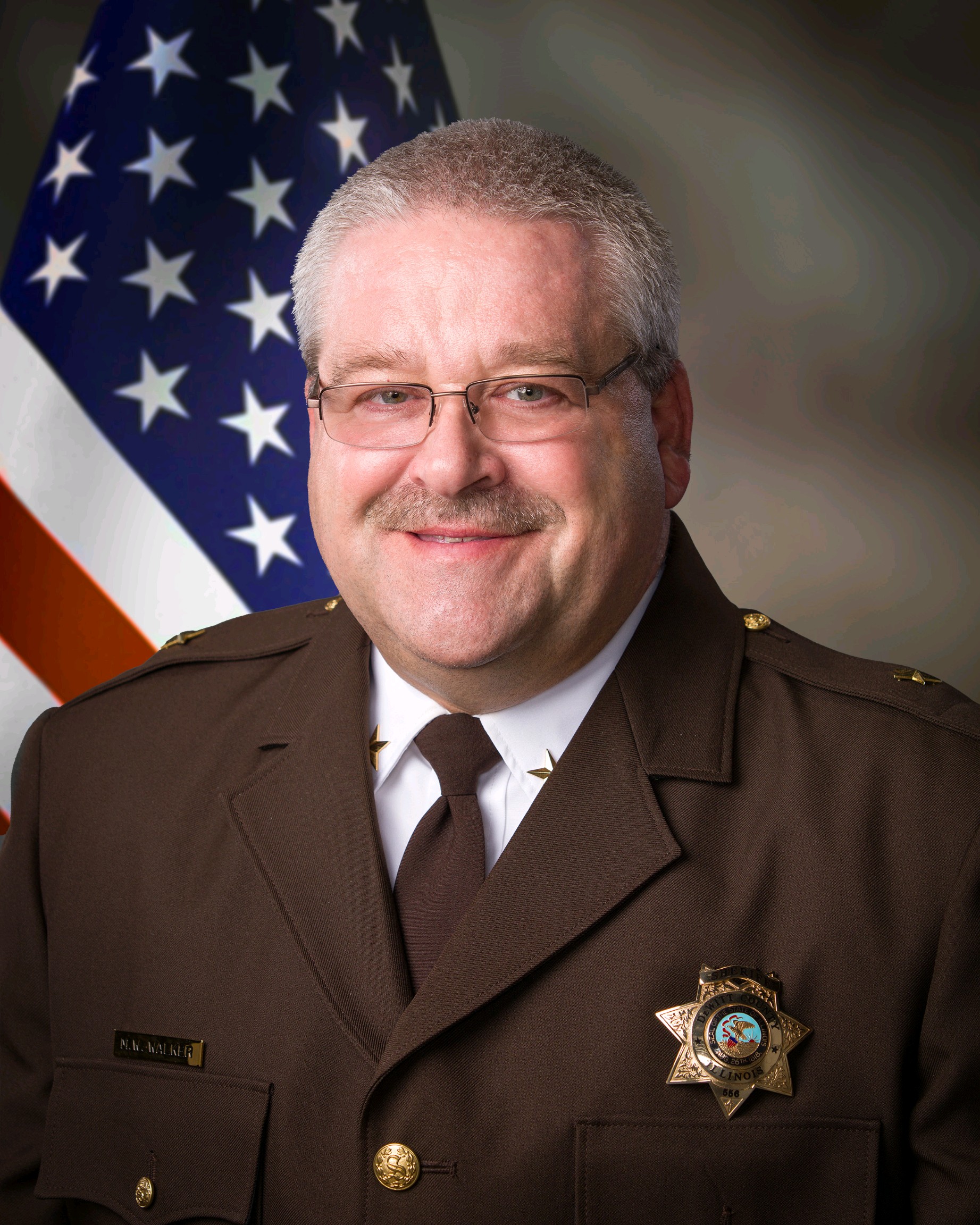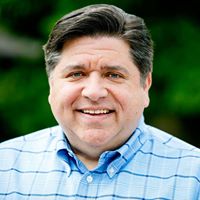TOKYO (AP) — Asian shares mostly declined Thursday as investors awaited a flood of global earnings reports, including updates from U.S. tech companies known as the “Magnificent Seven.”
Japan’s benchmark Nikkei 225 slid 2.1% to 37,670.50. South Korea’s Kospi dropped 1.4% to 2,637.18. Hong Kong’s Hang Seng gained nearly 0.1% to 17,215.51, while the Shanghai Composite was virtually unchanged at 3,044.41.
Trading was closed in Australia for a national holiday, Anzac Day.
Attention is also turning to the Bank of Japan, whose two-day monetary policy meeting started Thursday.
“For the record, heading into tomorrow’s policy decision, exceptional Japanese yen weakness is the agitated elephant in the room for the BOJ,” Tan Jing Yi of Mizuho Bank said in a commentary.
In currency trading, the U.S. dollar rose to 155.67 Japanese yen from 155.31 yen. The euro cost $1.0715, up from $1.0697.
The yen has been trading at 155 yen-levels lately, its lowest level in 34 years. That helps Japanese exporters by raising the value of their overseas earnings, but it also raises the price of imports. Speculation has been growing Japan may intervene to prop up the yen.
On Wall Street, the S&P 500 was virtually flat and edged up by less than 0.1% to 5,071.63. It had jumped sharply in the first two days of the week to claw back nearly two-thirds of last week’s steep loss.
The Dow Jones Industrial Average slipped 0.1% to 38,460.92, and the Nasdaq composite added 0.1%, to 15,712.75.
Tesla jumped 12.1% after saying the night before that it would accelerate production of new, more affordable vehicles, which investors have been hoping will kickstart growth. The announcement helped investors look past the 55% drop in profit that Tesla reported.
Tesla is the first of the group of stocks among the Magnificent Seven to report its results for the start of 2024. The focus is on the small group of stocks because they drove most of the U.S. stock market’s gain last year, and they’ll need to perform to justify their high prices.
Meta Platforms also reported its latest results after trading ended Wednesday. Alphabet and Microsoft will follow it a day later.
The hope is that profit growth will broaden beyond the Magnificent Seven to other types of companies, in large part because a remarkably solid U.S. economy. They’ll likely need to deliver fatter profits if they want their stock prices to rise. That’s because they’re unlikely to get much help from the other lever that can lift stock prices: interest rates.
“A strong earnings season looks likely to help restore market confidence,” according to Solita Marcelli, chief investment officer Americas at UBS Global Wealth Management.
A report Wednesday said orders for machinery, airplanes and other long-lasting manufactured goods were stronger last month than expected. A recent string of such reports has quashed hopes that the Federal Reserve may deliver the three cuts to interest rates this year that it had earlier signaled.
Boeing lost 2.9% despite reporting results that weren’t as bad as analysts feared. The company, which is battling criticism about the safety of its airplanes, said it’s taking steps to improve its manufacturing quality, which has slowed down production.
Teledyne Technologies tumbled 10.9% for one of the market’s largest losses after the seller of digital imaging sensors, cameras and other equipment reported weaker profit and revenue than forecast. It said demand from the industrial automation and test and measurement markets was weaker than it expected.
On the winning side of the market, Hasbro jumped 11.9% after the toy and game company reported better profit and revenue for the latest quarter than analysts expected. It benefited from growth delivered by its Baldur Gate 3 and Magic: The Gathering games, as well as by its Peppa Pig content.
Texas Instruments climbed 5.6% after reporting stronger profit and revenue for the latest quarter than forecast. Boston Scientific was another one of the stronger forces pushing upward on the S&P 500. It rose 5.7% after topping forecasts for profit and revenue.
In energy trading, benchmark U.S. crude added 14 cents to $82.95 a barrel. Brent crude, the international standard, rose 17 cents to $88.19 a barrel.
Brought to you by www.srnnews.com


















